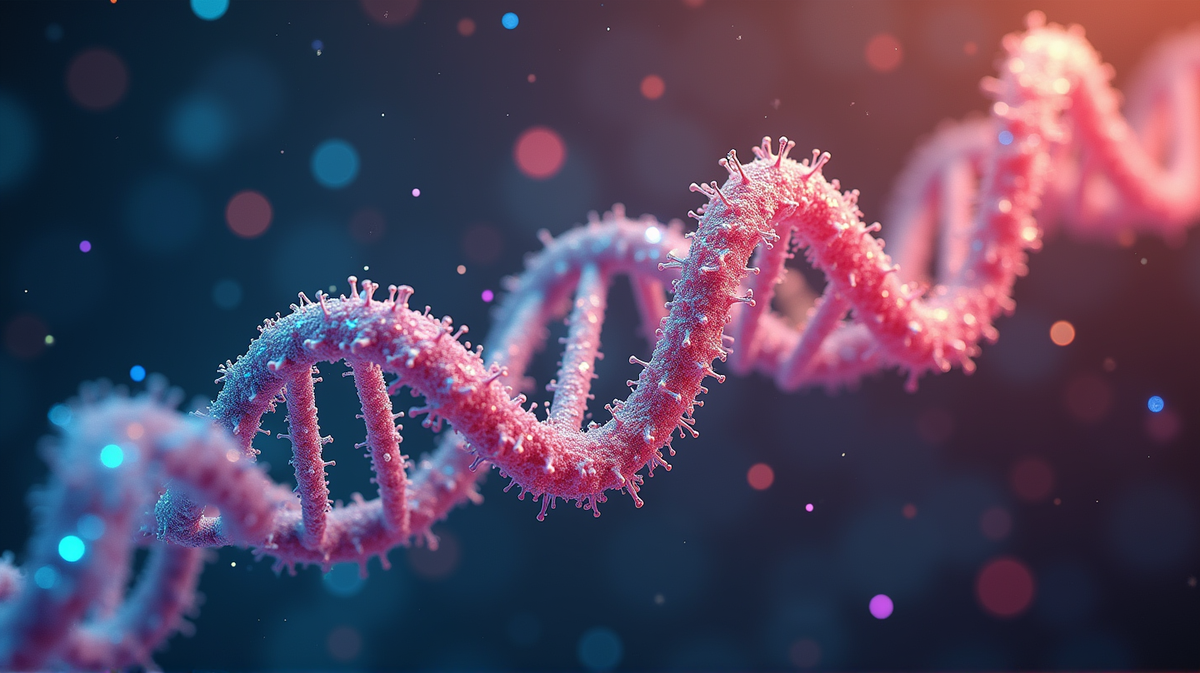Revolutionary 'Three-Parent Babies' Technique Emerges as Genetic Disease Solution
A groundbreaking approach uses DNA from three parents to prevent inherited diseases, promising a transformative impact on family health.

Imagine a world where certain genetic diseases no longer pose a looming threat to families. This dream is slowly becoming reality with the pioneering technique of creating ‘three-parent babies.’ According to NPR, this innovative procedure aims to curb devastating inherited diseases by using a combination of DNA from three different sources.
The Three-Parent Technique Unveiled
The process begins by extracting defective mitochondrial DNA from a fertilized egg and replacing it with healthy mitochondrial DNA from a donor. This essentially forms what’s called a “mitochondrial DNA transplant.” The fertilized egg, with its genetic structure reborn, develops into a healthy embryo. By blending the fundamental genes from both parents with a touch of third-party DNA, it ensures the child inherits only the best.
Success Stories and Medical Advancements
British researchers have already seen promising results, proudly announcing the birth of eight healthy babies thanks to this technique. Notably, all children are thriving, offering new hope to families plagued by rare genetic disorders, as highlighted by Doug Turnbull from Newcastle University.
Ethical and Cultural Considerations
While the tactical use of donated DNA is a game-changer, it does not come without ethical concerns. Some fear that this may open doors to genetic modifications beyond preventing diseases, possibly leading to the controversial concept of ‘designer babies.’ As pointed out by Stuart Newman of New York Medical College, cultural implications of genetic manipulation remain under scrutiny.
Embracing the Future: A Balanced Perspective
Despite the challenges, experts such as Robin Lovell-Badge argue in favor of the technique, emphasizing its potential in reducing human suffering without venturing into morally gray areas. Though it is prohibited in the U.S., the U.K. is moving forward with cautious application, sparking ongoing debates in the scientific community.
The unfolding narrative of ‘three-parent babies’ marks a monumental shift in how genetic diseases could be tackled, paving the way for healthier future generations. As science progresses, it’s essential to balance innovation with ethical responsibility.





